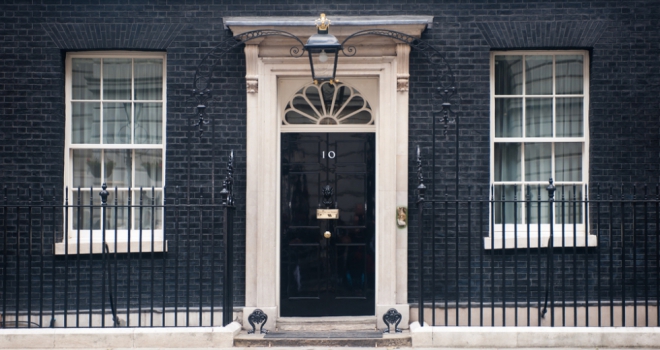
International estate and lettings agent, Chestertons, outline below some of the key policies they would like to see the new Government adopt.
Tax
1. We would like to see a review of the Stamp Duty Land Tax (SDLT) system. Before he became Prime Minister, Boris Johnson hinted that he would look at raising the tax exempt threshold and lowering the top rate. We would support both initiatives as this would help to inject more liquidity into a flagging sales market which has also affected HMRC’s tax receipts: stamp duty receipts in 2018-19 fell by 5.2%. We would also like to see SDLT rates revised to reflect regional differences in pricing. It is hardly fair that, for example, a 4-bed house in the Midlands and the North not only costs less than a comparable property in London and the South East, but also attracts less SDLT.
2. It is time to review the council tax system, which has not been updated to reflect current property values since 1991.
3. All political parties agree that we need to boost the supply of housing both for sale and to rent, especially with regard to affordable accommodation. Many Buy-to-Let landlords are being squeezed out of the market, thereby reducing supply against rising demand which is inevitably driving rents up. In view of this, we would like to see a tax allowance re-instated – if not at the former 100% rate then at least at 50% to prevent a further reduction in supply.
4. We oppose the introduction of any form of wealth tax on primary residences. A family home is not an investment and for most households represents the major source of equity over a lifetime.
5. We think the Stamp Duty surcharge on foreign buyers of UK homes proposed by some Parties would be counter-productive and sends the wrong message to foreign investors at a time when the UK may be about to enter an uncertain post-Brexit world in which we would need to actively encourage foreign investment.
Housing supply
1. We need to put equal effort into increasing the supply of rented accommodation and housing for owner-occupation. Affordability issues are driving more people into the rented sector (the London privately rented ratio has risen from just under 18.8% in 2006 to 25% (28.6% in Inner London) in 2018) and we need more purpose-built and professionally rented accommodation.
2. More should be done to encourage the build-to-rent sector in order to help boost the supply of privately rented housing. Options include tax incentives for larger investors, e.g. developments above a certain number (say, 100 units?). The creation of a separate use-class order would also give more confidence to institutional investors.
3. There should be more widespread partnerships between the Government and developers / investors to develop new housing. The Government could supply land at a reduced cost and fast track schemes through planning in return for a share of developer profits.
4. Commercial to residential conversion (PDR – Permitted development Rights) can help ease supply problems but this needs to be balanced against loss of employment. Moreover, not all redundant / empty commercial space will be suitable for conversion.
5. Developers should not be allowed to land bank but equally, planning departments need to process applications more quickly – if this means that additional resources need to be allocated to local authorities, then the Government should enable this.
PRS
1. We would like to see the responsibility for Right-to-Rents checks removed from landlords and their managing agents and handed over to local authorities.
2. We oppose all forms of rent control as this would likely drive more landlords out of the market and result in further upwards pressure on rents – the exact opposite of what all political parties want.
3. We have serious reservations concerning the proposed repealing of Assured Shorthold Tenancies (ASTs) which, if implemented would mean that Section 21 notices would no longer be permitted. The changes would make the length of all tenancies uncertain and many landlords would dispose of their properties or leave them to sit empty, rather than have to commit to potentially indefinite tenancies. This could lead to a huge decline in the number of available rental properties, which would have a catastrophic effect on those most in need of housing. Instead, we have asked the government to consider introducing mandatory longer term tenancies, which would achieve the desired aim to provide security for tenants, enabling them to ‘put down roots’, but also allow landlords to maintain a satisfactory level of control over their rental properties.
Other
1. We support proposals to fast track superfast broadband into homes to facilitate homeworking and ease transport congestion.
2. The practice of escalating ground rents has resulted in unnecessary increased costs for lessees and has made many properties much more difficult to sell. We would like to see ground rents abolished on all leasehold properties – this to be applied not just to new leasehold contracts but also retrospectively to existing contracts.
3. We support proposals to regulate the estate agency sector via the compulsory licensing of all estate agents.





